Keywords: Trump
There are more than 24 results, only the first 24 are displayed here.
Become a subscriber for more search results.
-
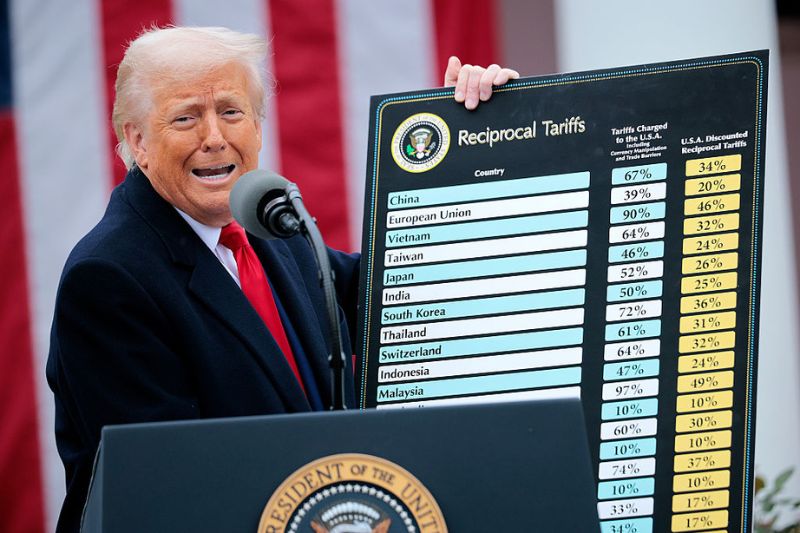
INTERNATIONAL
- Binoy Kampmark
- 08 April 2025
In a move as nostalgic as it is economically incoherent, Donald Trump’s proposed global tariff hike promises to punish the world’s poorest nations while claiming to revive America’s rusted-out industries. But the math is dubious, the logic muddled — and the unintended consequences, as ever, potentially vast.
READ MORE
-
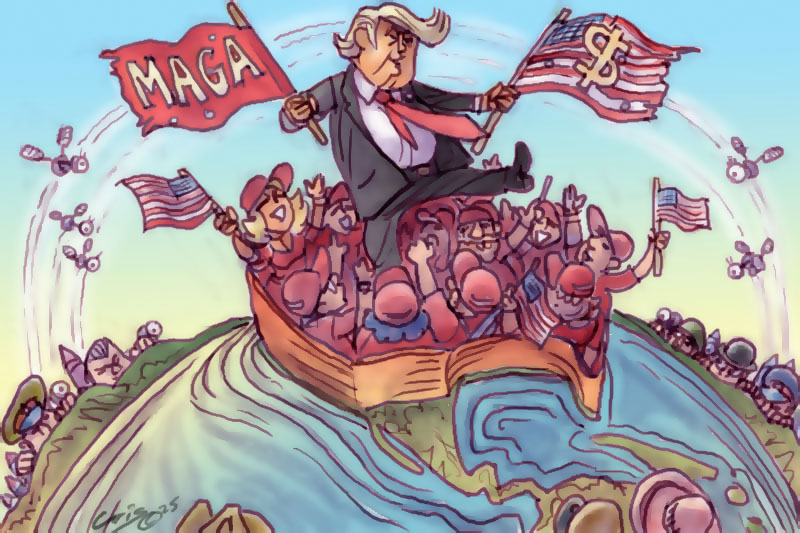
INTERNATIONAL
- Binoy Kampmark
- 02 April 2025
No one can predict President Trump’s next move on the global stage. But what appears to be chaos has a clear historical precedent, rooted in a long American tradition of swaggering, often improvisational power. In Trump’s hands, diplomacy is spectacle: alliances unravel, spectacle dominates and self-interest rules.
READ MORE
-
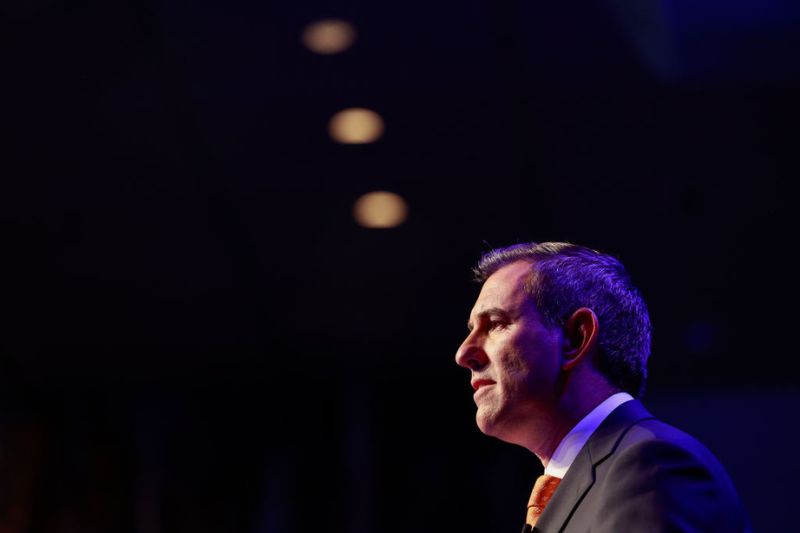
AUSTRALIA
- David James
- 27 March 2025
Australia’s Federal Budget offers a mix of tax cuts, spending increases, and modest relief for households, but fails to address the seismic shifts in global economics. With rising defense spending and minimal solutions for mounting debt, it remains unclear whether this budget can navigate the country’s economic vulnerabilities in an unpredictable world.
READ MORE
-

INTERNATIONAL
- Binoy Kampmark
- 27 March 2025
Europe’s escalating defence spending, driven by the Russian threat, marks a shift toward militarisation. The EU’s new budget plan, designed to free up billions for weapons and security, raises critical questions about how far Europe will go in fortifying itself and the long-term impact on its stability.
READ MORE
-
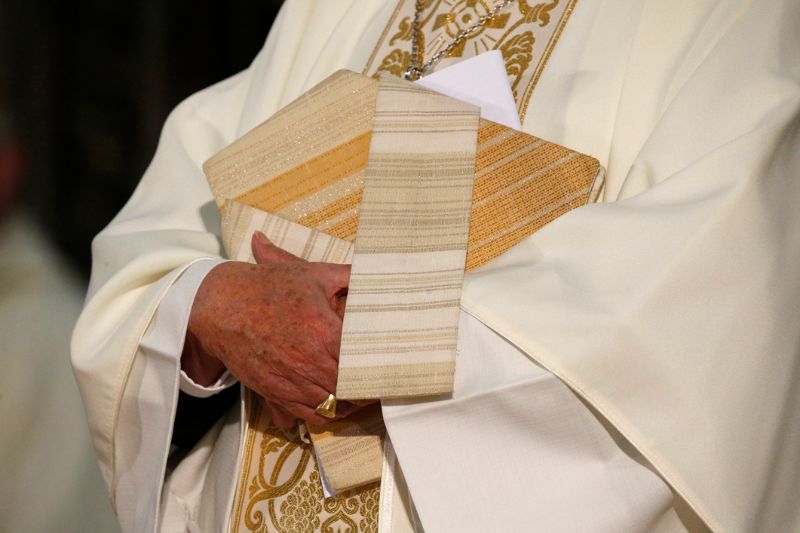
RELIGION
- John Warhurst
- 25 March 2025
As Australia approaches another federal election, the Catholic Church, long ambivalent about democratic politics, prepares to weigh in. Its official statement could play it safe, as in years past — or it could offer a deeper moral vision, confronting the global drift toward division with the quiet radicalism of synodality.
READ MORE
-

AUSTRALIA
- Andrew Hamilton
- 24 March 2025
With America's reliability in question, Australia is rethinking what security really means. Should it double down on military self-reliance, or reconsider the cost of placing defence above all else? As alliances fray and power shifts, the country faces a deeper reckoning: whom can it trust—and at what price?
READ MORE
-
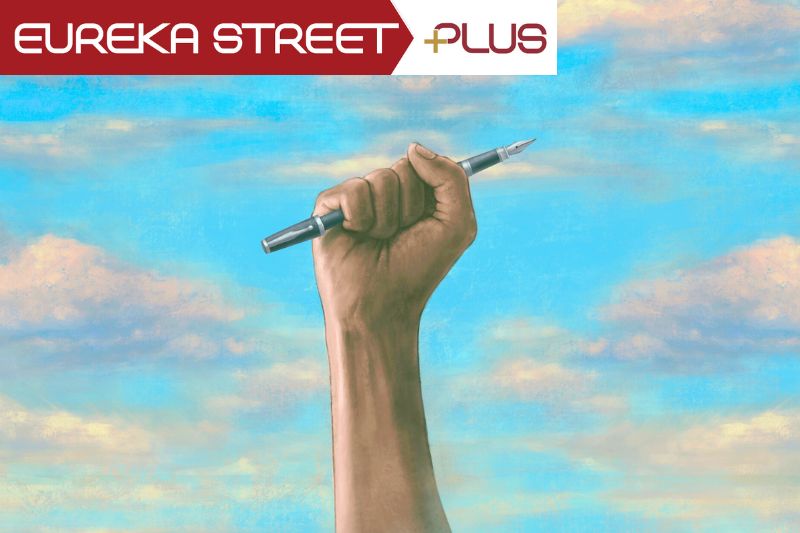
MEDIA
Across a range of divisive issues from gender to race to public health, newsrooms are increasingly blurring the line between reporting and advocacy. As language is reshaped to reflect activist priorities, and opposing views are treated as moral threats, journalism risks losing its most essential commitment: telling the truth plainly.
READ MORE 
-
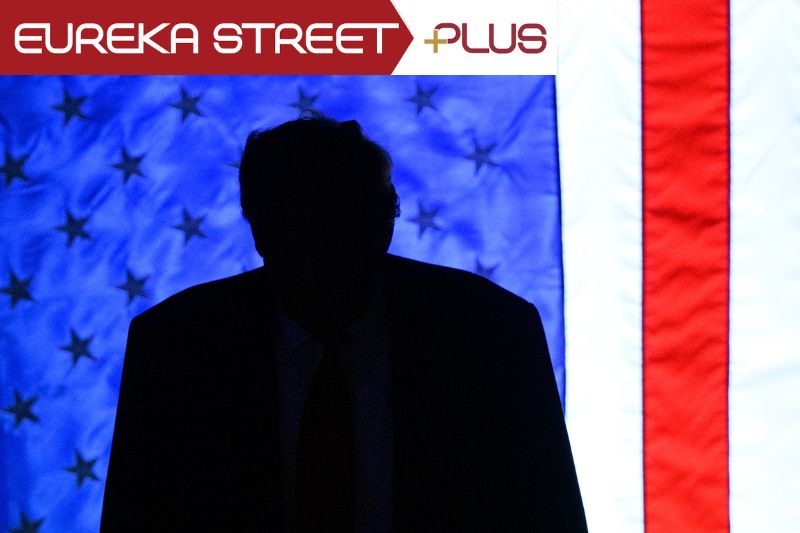
INTERNATIONAL
- Nirmal Ghosh
- 14 March 2025
Donald Trump’s return to the White House was the culmination of decades of economic decline, political disillusionment, and cultural fracture, forces the liberal elite ignored at their peril. As Trump reshapes America’s role in the world, his rise reveals hard truths about democracy, populism, and power in the 21st century.
READ MORE 
-
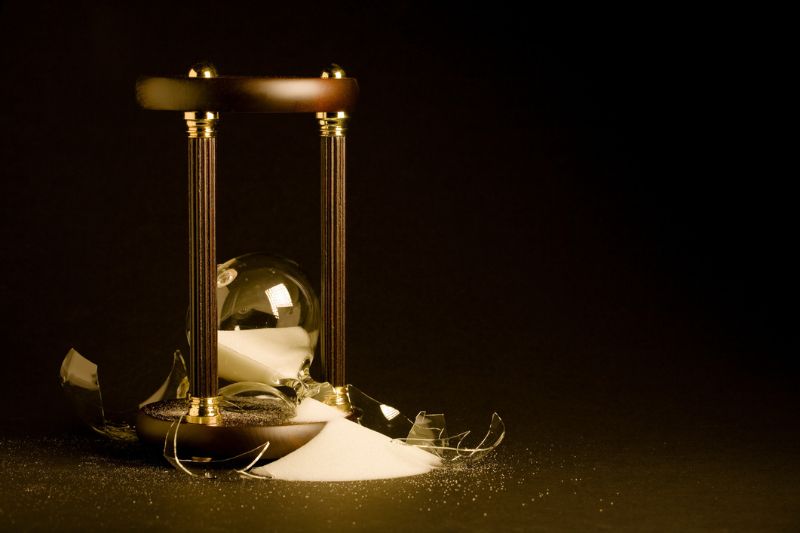
AUSTRALIA
- Andrew Hamilton
- 13 March 2025
What feels like turbulence in the present often reveals itself, in hindsight, as the rupture of an era. From the fall of Rome to the upheavals of today, are we witnessing mere disruption, or the twilight of an old order?
READ MORE
-
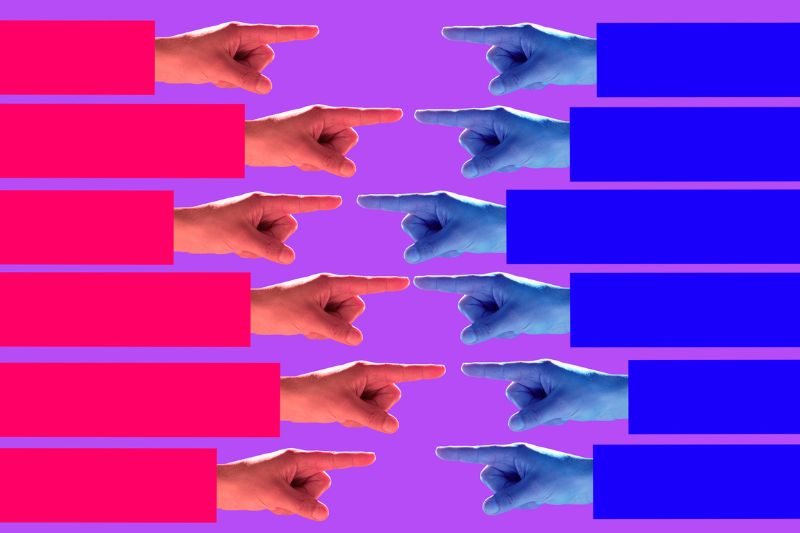
AUSTRALIA
- Sarah Klenbort
- 12 March 2025
As Australia heads towards another federal election, the influence of big money in politics looms larger. In the U.S., billionaires and corporate interests have eroded trust in government. Campaigns there cost billions of dollars, while ours, for now, do not. But can we keep it that way?
READ MORE
-
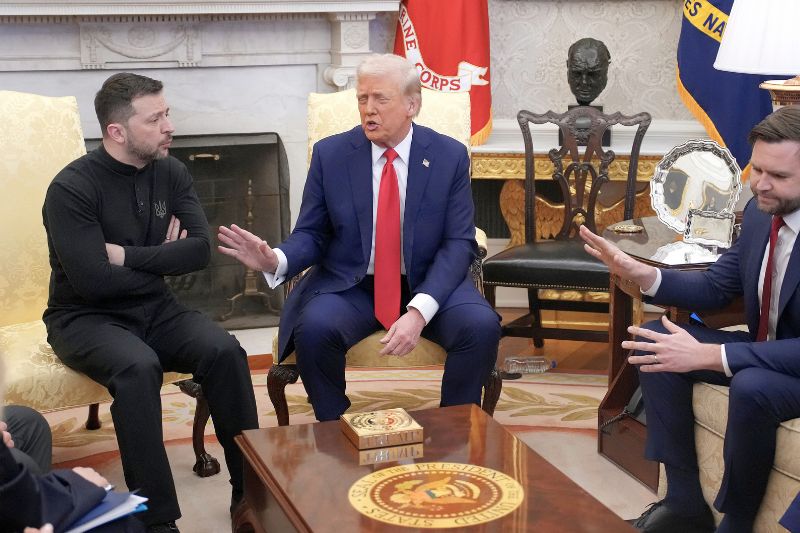
INTERNATIONAL
- Sergey Maidukov Sr.
- 06 March 2025
Thirty years after the US pledged to protect Ukraine’s sovereignty, Zelensky arrived in Washington asking America to honour its promise. What he found was a White House willing to humiliate him because the cost of keeping its word has become too high.
READ MORE
-

INTERNATIONAL
- Gillian Bouras
- 27 February 2025
Europe faces a moment of strategic recalibration as shifting U.S. priorities put transatlantic ties under strain, raising concerns about Europe’s defence standing. With war on its borders and internal divisions mounting, the European Union must rethink its role in an increasingly uncertain world.
READ MORE